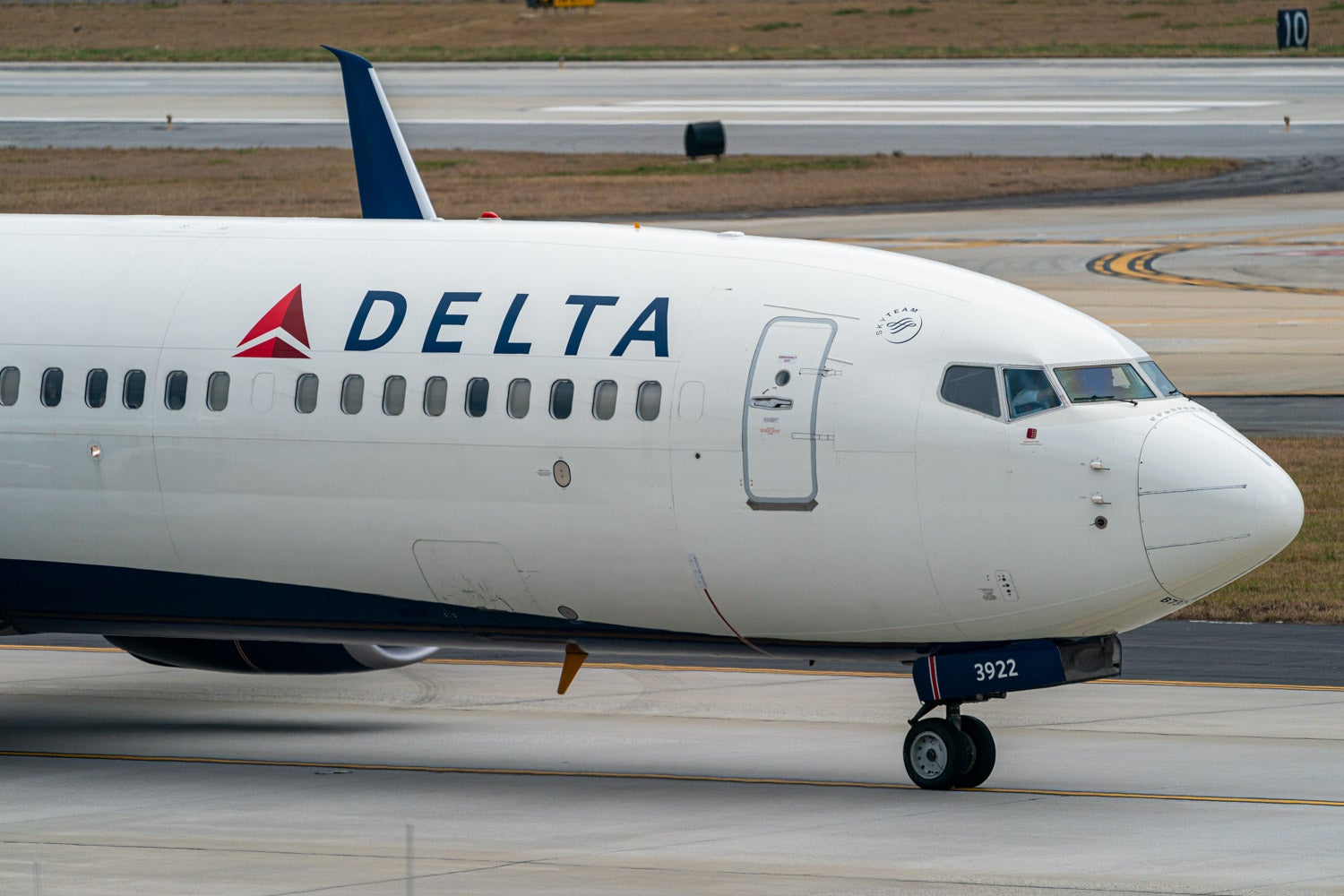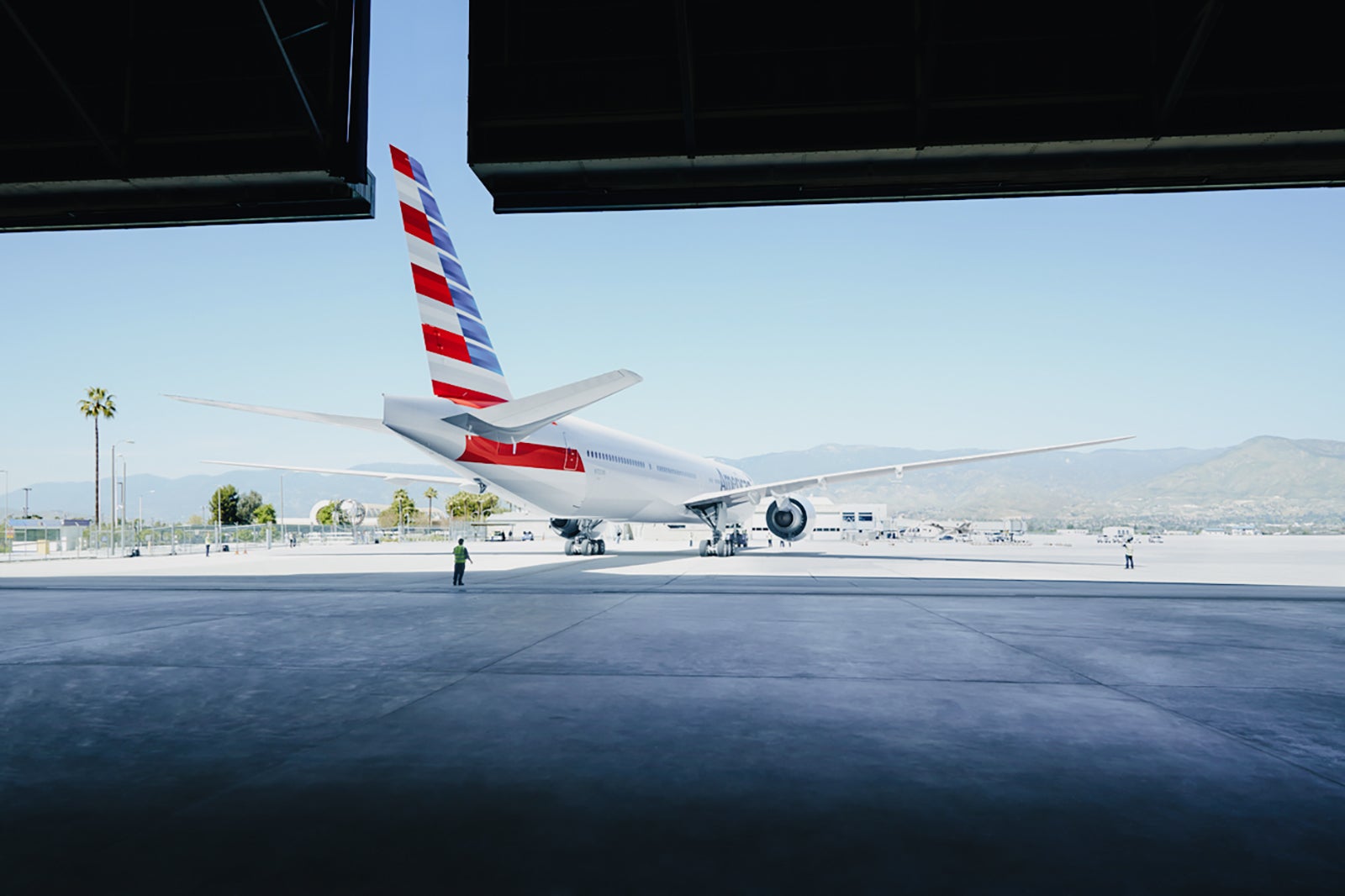Microsoft: Delta turned down our help during meltdown
In the latest salvo of a brewing public relations war, Microsoft joined CrowdStrike in pushing back against recent criticism from Delta Air Lines, claiming that the carrier rejected technical assistance in the aftermath of an outage that eventually led it to cancel more than 5,000 flights.
The tech firm accused Delta of promoting an inaccurate narrative surrounding what caused the nearly weeklong meltdown in late July, in a letter sent Tuesday by a lawyer representing Microsoft, Mark Cheffo of Dechert LLP. The letter, a copy of which was seen by TPG, was sent to David Boies, a well-known attorney whom Delta said it was retaining to pursue damages from CrowdStrike and Microsoft.
Want more aviation news? Sign up for TPG’s free biweekly Aviation newsletter.
“Delta’s public comments are incomplete, false, misleading, and damaging to Microsoft and its reputation,” the letter said. “The truth is very different from the false picture you and Delta have sought to paint.”
CrowdStrike sent a similar communication to Delta on Sunday.
Delta CEO Ed Bastian said on CNBC last week that the July 19 outage and its fallout had cost the airline $500 million and that it would seek damages from CrowdStrike and Microsoft. CrowdStrike provides security software for Microsoft’s Windows operating system, which runs many Delta technologies. A faulty CrowdStrike software update crashed thousands of Microsoft-based networks and systems after it was accidentally set live.
In Tuesday’s letter, Microsoft, through the lawyer, said that the Washington-based company offered technical assistance to Delta each day starting July 19, when the outage began, through July 23, as Delta began to get more of a handle on its operation, but that Delta rejected each offer.
The letter cited a specific communication on July 22 in which a Delta employee told a Microsoft worker that the situation was “all good” and declined assistance, and said that Microsoft CEO Satya Nadella emailed Bastian on July 24 to offer help, but received no answer.
Related: How to get money back if you were stranded on Delta Air Lines

Daily Newsletter
Reward your inbox with the TPG Daily newsletter
Join over 700,000 readers for breaking news, in-depth guides and exclusive deals from TPG’s experts
Microsoft also claimed that the systems that caused Delta’s extended operational meltdown were not reliant on Windows.
“In fact, it is rapidly becoming apparent that Delta likely refused Microsoft’s help because the IT system it was most having trouble restoring — its crew-tracking and scheduling system — was being serviced by other technology providers, such as IBM, because it runs on those providers’ systems, and not Microsoft Windows or Azure,” the letter said.
Instead, Microsoft accused Delta of failing to ensure its systems were adequately designed to cope with interruptions.
“Our preliminary review suggests that Delta, unlike its competitors, apparently has not modernized its IT infrastructure, either for the benefit of its customers or for its pilots and flight attendants,” the letter said.
While numerous airlines across the U.S. and globally were forced to completely ground their operations during the outage — including American Airlines and United Airlines — most were able to get their operations back on track within a day or two once a fix was implemented, aside from some residual delays and cancellations.
Delta, however, struggled for nearly a week, ultimately canceling more than 5,000 mainline flights and hundreds of regional ones between July 19 and July 25, according to data provided by FlightAware.
The U.S. Department of Transportation is investigating the prolonged disruption, Transportation Secretary Pete Buttigieg said last month.
In public communications during the aftermath of the initial outage, Delta cited issues with crew scheduling software, while internal memos to the staff, seen by TPG, repeatedly offered incentives for off-duty crew members to pick up trips as the airline struggled to get displaced crews back into position.
In the aftermath, Bastian told CNBC that the airline was more heavily reliant on CrowdStrike and Microsoft than other carriers, using products from those companies for more of its systems.
“If you’re going to be having access, priority access, to the Delta ecosystem in terms of technology, you’ve got to test this stuff,” Bastian told CNBC last week, referring to the faulty CrowdStrike software update that caused the outage. “You can’t come into a mission-critical 24/7 operation and tell us we have a bug. It doesn’t work.”
In Tuesday’s letter, Microsoft said that it would “vigorously” defend itself from any claims by Delta, and demanded that the carrier preserve relevant documentation. In a sign of the unfolding public relations battle, the tech firm specifically called for Delta to maintain any “communications with third-party media and/or public affairs consultants concerning the CrowdStrike incident and Delta’s outage, and concerning Delta’s communications strategy and/or public response. Such documents include both communications internally and externally, with third parties.”
Delta could not immediately be reached for comment. This story will be updated if Delta responds.
Related reading:







